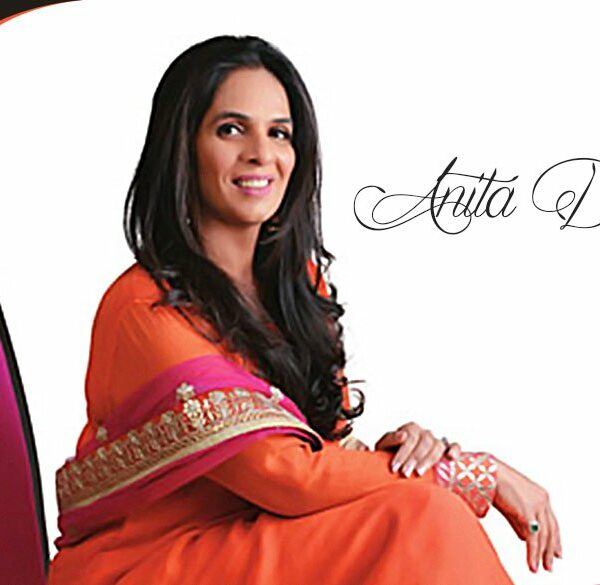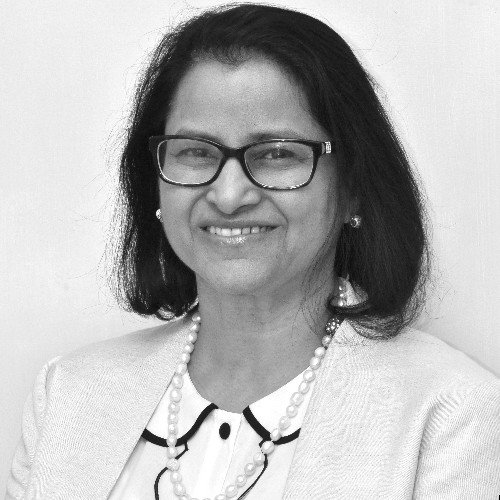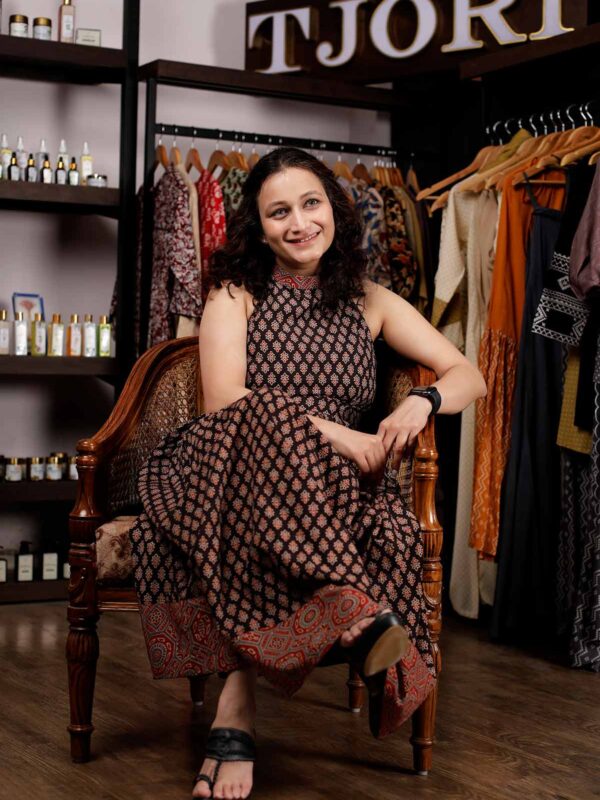The crime rate against women has just seen a huge jump, so much so that we have to think twice before stepping out of our homes. Be it our workplace or a hangout with friends, be it the theatre or the mall, the question of our own security and safety troubles us. Specially, after the tragic mishap of 16th of December,2012 at Delhi, we have been alarmed as to how cruel the world is, and that no matter how safe it seems to be out at night, one should take strict precautions.
Women safety was always a big matter of concern in Delhi, but this new traffic rule has left us baffled. A restriction on using personal vehicles could be a disadvantage for the working women as now they will have to use public transport which could indirectly result in a higher crime rate in the city. As per the reports released by NCRB in August, it won’t be wrong to call Delhi as the rape capital of India for the city reported 1,813 rapes in 2014 up from 1441 in 2013.
Now, talking about the new ODD EVEN rule, If you aren’t troubled by the implications of the odd even formula already then you should, after reading this.
A report published by WHO in 2014 declared Delhi as the most polluted city in India, which is six times more than the level of airborne particulate matter which is considered acceptable.
According to the odd even formula, the number of private vehicles seen on a particular day will come down by around 10 lakh, but the public transport vehicles would witness a major upward jump. The government plans to introduce 4700 DTC buses in Delhi starting January. It might seem to be okay, but think again. As women, we are victims of eve teasing, molestation and lust full stares by men, mostly when we travel by public transport. The odd even formula might decrease the level of pollution in the environment but will definitely give these demons more opportunities to attack us.
If by exempting us from the penalty of the formula, we are not only denied to participate and help decrease the level of pollution, we will be forced to do away with our drivers. This could prove to be a threat to women who can’t drive or don’t want to. When we were busy explaining the society what exactly feminism means, the people have highly misinterpreted it’s meaning. The idea of being exempted from the odd even formula portrays women to be not just weak but also raises the question of gender inequality. We don’t want special requirements to be exempted from the odd even formula rather we want to actively participate in helping the city deal with its problem of pollution along with feeling safe in the city. The government just guarantees an increase in the availability of public transport but still no firm assurance of a woman’s security and safety which can be assured by it.
Uber Cabs, which is an app that provides cabs across the city, is looking at enabling the private car owners in the city to car pool through its platform in order to meet the heavy demand that will occur once the odd even formula is introduced. One should not forget that Uber was recently involved in the controversy, when one of its driver misbehaved with a woman. The idea of car pooling, which will enable about 27 lakhs of private car owners to help, it seems effective but has it own implications.
If Uber let’s the entire Delhi population of car owners help in the car pooling, our risk of being attacked by someone with wrong intentions will increase. One can never be sure of the intentions of the people one is travelling with.
What if a private car owner takes the advantage of this opportunity and misbehaves with a woman ?
What if the car pooling leads to giving thieves an easier opportunity to loot people – help the person looking for a car and loot him or her afterwards?
Also, what happens if the intention of some other member of the car pooling other than the driver is malicious. What if the intentions are of rape or molestation ?
What our CM has successfully formulated is a new method to survive and overcome pollution. But how does the government compensate for the rising demands for women safety?
There are pros and cons to this rule. As per the recent news, if the exception for women driver is accepted, then it will fail to provide us with an equal opportunity by not allowing us to take part in the effort to reduce pollution. Secondly, It will fail to assure security by giving us the only option to travel, which is public transport. Women fall at an even higher risk of being raped, eve teased and objectified. What is also shocking is the disruptive idea of Uber Cab – in an effort to provide the citizens with as many vehicles as possible, it will let everybody reach out through the app, which is not a safe bet.
So are you ready for the odd-even formula?
Do you feel safe?












